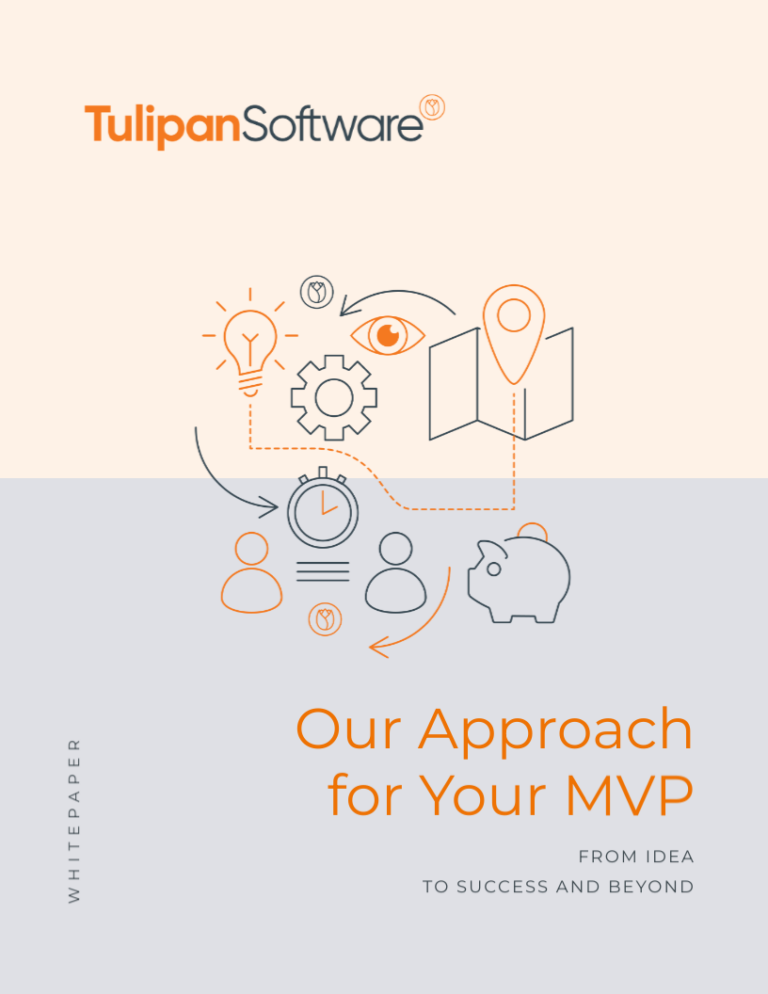Improving the Developer Experience
In recent years, we’ve heard phrases like “every company is a software company.” But has every company fully adapted its operations and culture to this reality? There’s still work to be done, especially in improving the developer experience.
The emergence of Developer Experience
In recent times, Developer Experience (DevEx or DevX) has gained traction as a crucial trend addressing the challenges posed by the growing significance of software delivery. Here are three key aspects to consider:
- Developers as Key Players: Unlike in the past, where software engineers often operated behind the scenes to maintain internal systems, they now play a pivotal role in shaping company products and customer interactions.
- Increasing Complexity of Software Delivery: As the IT landscape evolves with the proliferation of microservices and serverless functions and the tooling landscape expands, managing the complexity of software delivery has become a significant challenge. A more systematic approach is needed to govern this ever-growing flow efficiently.
- Dynamic Workforce: Today’s workforce is more fluid, with contractors, system integration partners and employees frequently changing roles and employers. Informal knowledge sharing alone cannot ensure consistency within a company. Establishing robust knowledge management strategies and creating processes that encourage best practices are essential.
Given these challenges, how can improving Developer Experience and Platform Engineering help? But before delving into this, let’s clarify the difference between Developer Experience and Platform Engineering.
Understanding Developer Experience (DevEx)
Developer Experience centers around the developer, encompassing everything that influences their experience. Imagine yourself as a developer and you’ll realise that the organisational structure, interactions and processes you encounter all significantly impact your workflow. Equally important are meaningful career paths and a supportive engineering culture that fosters continuous learning and development. Another crucial aspect is the developer’s initial interaction with your organisation—how seamless and painless is the onboarding process? How quickly can a developer start coding and deploy their work for the first time?
Understanding Platform Engineering
Platform Engineering focuses on the systems and tools developers interact with. Consider the myriad tools developers require to perform their tasks efficiently. While this diversity of tools offers great potential, managing them within an organisation can be challenging. Achieving the right balance and integrating tools seamlessly and effectively is essential for a robust developer platform. However, it’s not merely about assembling tools; ensuring adoption is a significant hurdle. Successful adoption hinges on treating your platform as a product and considering developers and other stakeholders as your customers.
By integrating Agile methodologies and fostering a DevOps culture, we have the recipe for thriving technology organisations. These organisations rely on motivated employees who are empowered to do the right things.
If you’re familiar with Dan Pink’s research on motivation, particularly his book “Drive,” you’ll know that knowledge workers, including developers, are driven by purpose, autonomy and mastery. Therefore, our organizational practices should align with these sources of motivation—and indeed, they do.
Let’s delve deeper into how our approach creates an environment where each developer can excel and contribute to the organisation’s success.
Developer’s Purpose
Empowering developers with a clear understanding of the organisational problems they’re solving gives them a sense of purpose beyond fulfilling their duties. This clarity enables better decision-making and directs creative energy toward achieving organisational goals. Agile methodologies, vertical integrated teams and BizDevOps practices all contribute to reinforcing the developer’s sense of purpose.
Developer’s Autonomy
A lack of autonomy can demotivate developers, making them feel like mere cogs in the machine. Autonomy is measured by factors like the number of tickets raised or dependencies managed. Simplifying application architecture can significantly enhance autonomy, allowing teams to feel more in control of their destiny.
Developer’s Mastery
Continuous improvement is key to personal and professional development. Technical mastery involves honing skills in one’s craft, while business mastery revolves around solving organizational problems effectively. Fast feedback loops and defined metrics aid developers in tracking their progress and striving for mastery. Certification pathways serve as tangible milestones in achieving technical proficiency.
In conclusion, by fostering purpose, autonomy and mastery, we create an environment where developers are not only motivated but also empowered to drive organisational success.
Five Key Dimensions of the Developer Experience
In understanding the Developer Experience (DevEx), we recognise five fundamental dimensions that shape developers’ interactions, enhance their autonomy, mastery and purpose and ultimately drive motivation, leading to organizational success:
- Organisational Structure and Work Methods: How are organisations structured and what methodologies and practices do they employ? This dimension influences interactions and experiences within the organisation.
- Culture: What behaviours are fostered or discouraged within the organisation? How are individuals incentivised and how are challenges addressed? Culture significantly impacts the developer experience.
- Developer Career Paths: What does career progression entail for developers? How many pathways are available for individuals to navigate and find their ideal career trajectory?
- Developer Journeys: These encompass the processes and system touchpoints that developers traverse to achieve specific outcomes, such as deploying a new API or setting up a test environment. Streamlining these journeys enhances the developer experience.
- Developer Platform (Systems and Tools): This dimension encompasses the tools and capabilities that support developers’ work. Effective orchestration of these tools, along with data analytics for insights and decision-making, requires robust architecture and integrations.
By optimising these five dimensions, organisations can create an environment where developers feel empowered, motivated and equipped to drive business success.
Curious about our working approach, services and expertise? Explore our dedicated service page, offering comprehensive insights into each facet of our offerings.






